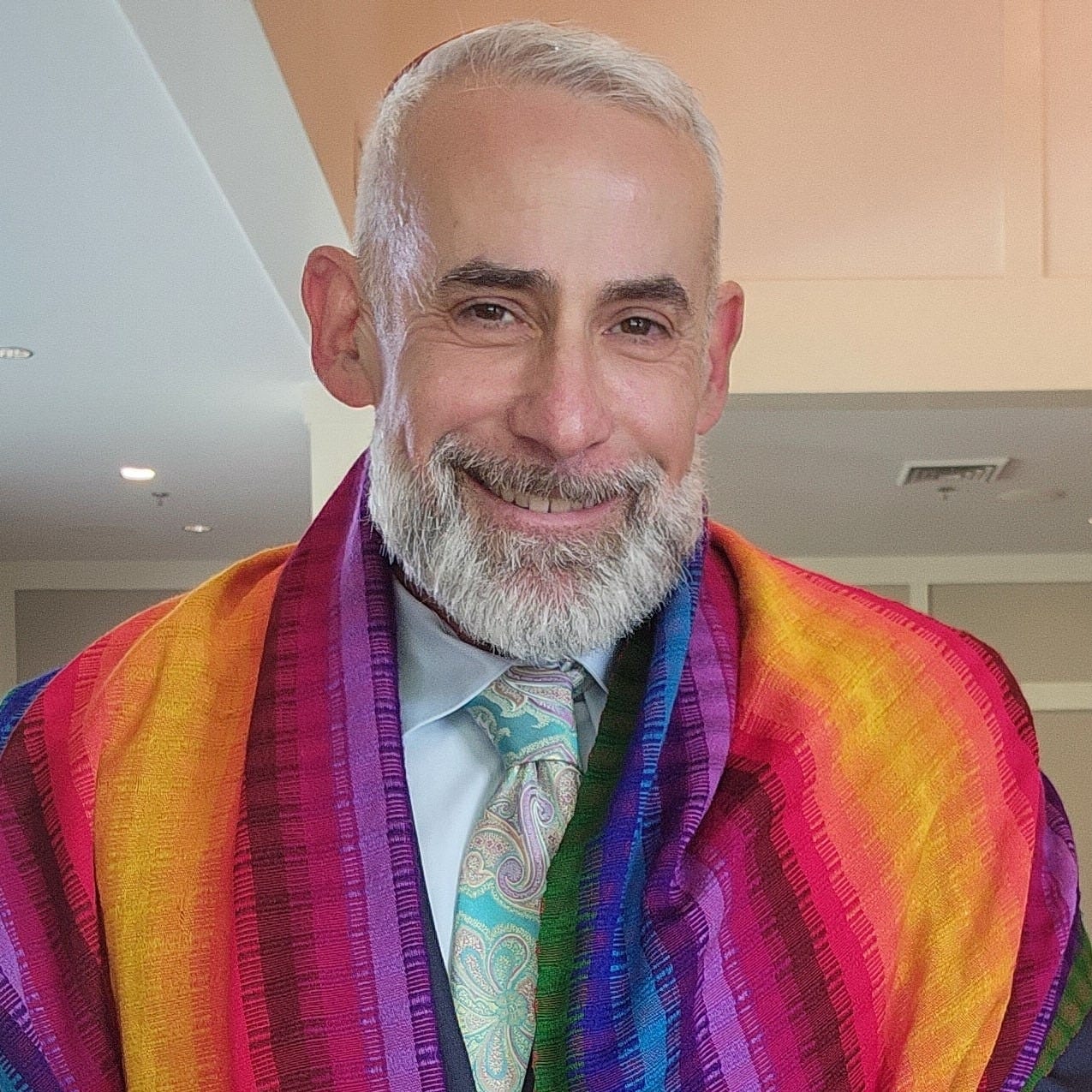When a group of passionate individuals gathers to build something sacred, whether it’s a synagogue, a havurah or a new kind of Jewish community, the energy is electric. The ideas flow like wine at a simkha, commitment runs deep and the stakes feel profoundly personal. This is especially true when many of those individuals are founders, people who have poured their souls into shaping an organization from the ground up. Their personal investment is a blessing, but it can also complicate the broader view of what is best for the community.
This is the moment one synagogue board recently faced: a group deeply committed to a shared vision but navigating the sometimes messy terrain of collaborative leadership. Everyone brought passion, wisdom and responsibility. But without clear expectations, meetings meandered and tensions flared. Was a board member a visionary guide or a hands-on doer? What did leadership look like, and how could it be more holy?
Enter the Board Covenant, a brit, a sacred agreement grounded in Jewish values. More than a list of rules, this covenant is a framework infused with derekh eretz (respectful behavior), yosher (integrity) and kavod (honor). It transforms a group of strong individuals into a sacred hevrah, a circle of trust committed not just to governance but to shared purpose and spiritual service.
We practice generosity of spirit, assume positive intent and listen with curiosity before reacting. We approach difficult conversations with care, honesty and a commitment to strengthening our collective work.
Take this line, for example:
We show up with integrity and follow through on commitments. We take responsibility for the work of the board, ensuring that we contribute not only with our ideas but also with our time, energy and resources.
Here, Jewish leadership is reimagined not as a seat at the table but as avodah, a sacred offering of service. Attendance alone is not enough; presence and participation become mitzvot. The covenant reshapes what it means to serve, encouraging board members to contribute in ways that are intentional, accountable and generous.
And then there’s the heart of it:
“We practice generosity of spirit, assume positive intent, and listen with curiosity before reacting. We approach difficult conversations with care, honesty, and a commitment to strengthening our collective work.”
This is Jewish conflict resolution at its best. Rooted in the principle of dan l’chaf zechut, judging others favorably, it creates a culture where disagreements are not threats but invitations. Where curiosity tempers defensiveness and where each conversation is an opportunity to practice the kind of sacred listening that turns a group into a kehilla kedosha.
And perhaps most transformative:
“We prioritize the needs of the whole over individual desires, recognizing that our work is to serve and sustain our community.”
This isn’t just good governance. It’s mussar. It calls board members to stretch beyond ego and into service, to put aside personal preferences and ask: What does our community need now? And what does it need from me?
The covenant becomes a mirror and a map. It reflects who we are and where we want to go. It’s not a static document to be filed away but a living expression of Jewish values in action. It turns the board table into a beit midrash, a place of learning, of honest disagreement and of spiritual accountability. This covenant is one part of a greater leadership toolkit alongside an inspiring vision, a lofty mission and a grounding in core Jewish values. All of these must work together to create a coherent sense of communal identity and purpose.
Ultimately, a board covenant is not just an organizational best practice. It’s a spiritual practice. It invites us to lead not just with strategy but with soul. And it reminds us that the work of Jewish leadership, like the work of Torah, is ongoing, imperfect and always, always sacred.








One Response
Thank you for this wise and beautiful piece, Josh.